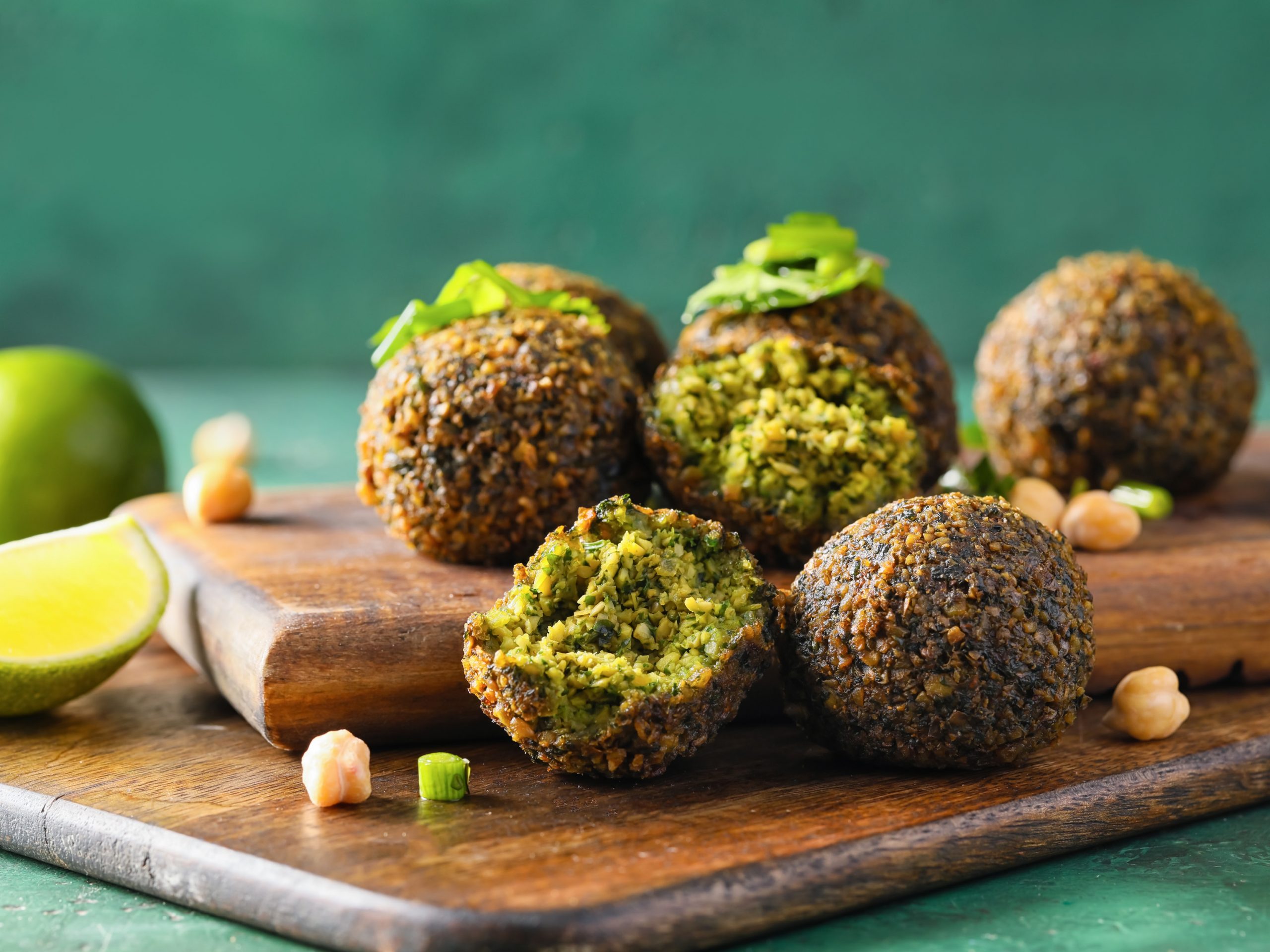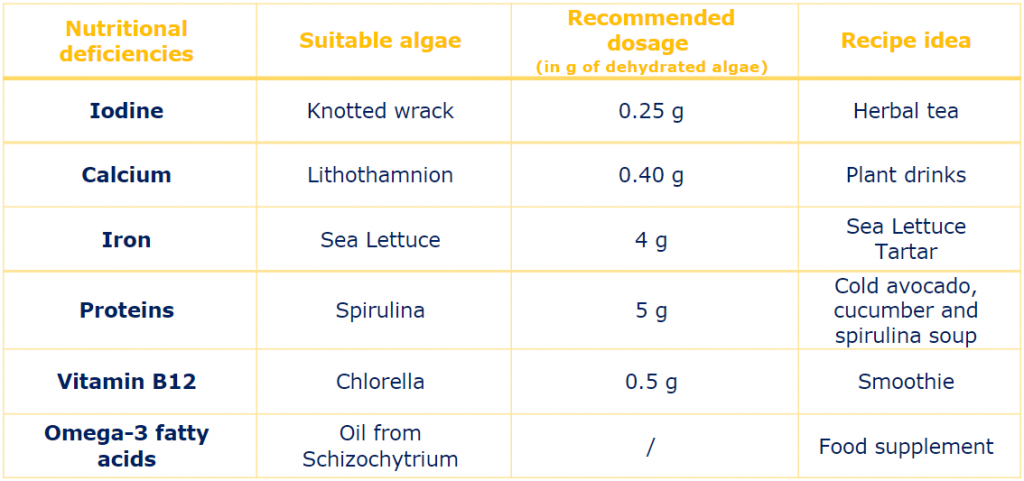People are paying more attention to their health, respect for the environment and animal welfare, notably through a growing food trend: veganism.
Vegans do not eat any food of animal origin: their diet is based exclusively on plant products, which have a more responsible and healthy image than animal products.
It is difficult to establish the exact number of vegans, but a 2018 IPSOS survey estimates that 3% of the world’s population is vegan[1]. This is still a relatively small percentage compared to omnivores (73%), but it continues to increase every year in many countries[2].
However, veganism is not without health consequences if certain precautions are not taken.
Nutritional deficiencies of vegans
Following a vegan diet requires very good nutritional knowledge and involves a significant investment of time in order to get all the necessary nutrients. A poorly balanced vegan diet can lead to anaemia and severe physical and mental weakness.
This diet, consisting of vegetables and legumes, fermented foods, whole grains, fruits and oilseeds, may involve deficiencies. It has been observed that the diet lacks[3]:
- proteins and essential amino acids
- vitamins, mainly B12 and D
- minerals (calcium, iron, zinc and iodine)
- Omega 3 fatty acids (EPA and DHA)
These nutrients are usually found in meat products (e.g. vitamins B12 and essential amino acids), dairy products (main source of iodine and calcium) and fish (omega 3 fatty acids).
To compensate and maintain a balanced diet, vegans are therefore major consumers of food supplements. But these can be over-consumed for some, and ingesting pills is not the most pleasant way to eat!
Algae: a real asset for vegans
Algae are nutritional concentrates: they contain minerals (iron, calcium, iodine, potassium and selenium among others), vitamins (especially A, K1 and B12) and are the only plant sources of long-chain Omega 3 fatty acids (EPA and DHA) and iodine[4].
Omnivorous people obtain their Omega 3 intake from oily fish which ingest microalgae containing DHA and EPA. As regards iodine, it is mainly provided through the consumption of dairy products; vegetable juices, on the other hand, are without it. As iodine deficiency is a worldwide public health problem (risk of thyroid dysfunction, a gland vital for our cognitive development and metabolism)[5], algae are a simple and effective way for vegans to reach their recommended daily iodine intake.
Algae are therefore part of the solution to the deficiencies of vegans while combining pleasure and culinary discovery!
Bibliography :
[1]« An exploration into diets around the world – August 2018 ». Ipsos MORI. [Consulté le 09/12/2022].
[2] « Worldwide growth of veganism Focus sur le régime végan ». The Vegan Society. [Consulté le 09/12/2022].
[3] Fields H. et al. “How to Monitor and Advise Vegans to Ensure Adequate Nutrient Intake” Journal of Osteopathic Medicine, vol. 116, no. 2, 2016, pp. 96-99.
[4] Alfonso N.C. et al. (2019). Brown macroalgae as valuable food ingredients. Antioxydants, 8(9):365 ; DOI: 10.3390/antiox8090365
[5] Bouga, M., Lean, M., & Combet, E. (2018). Contemporary challenges to iodine status and nutrition: The role of foods, dietary recommendations, fortification and supplementation. Proceedings of the Nutrition Society, 77(3), 302-313. doi: 10.1017/S0029665118000137

